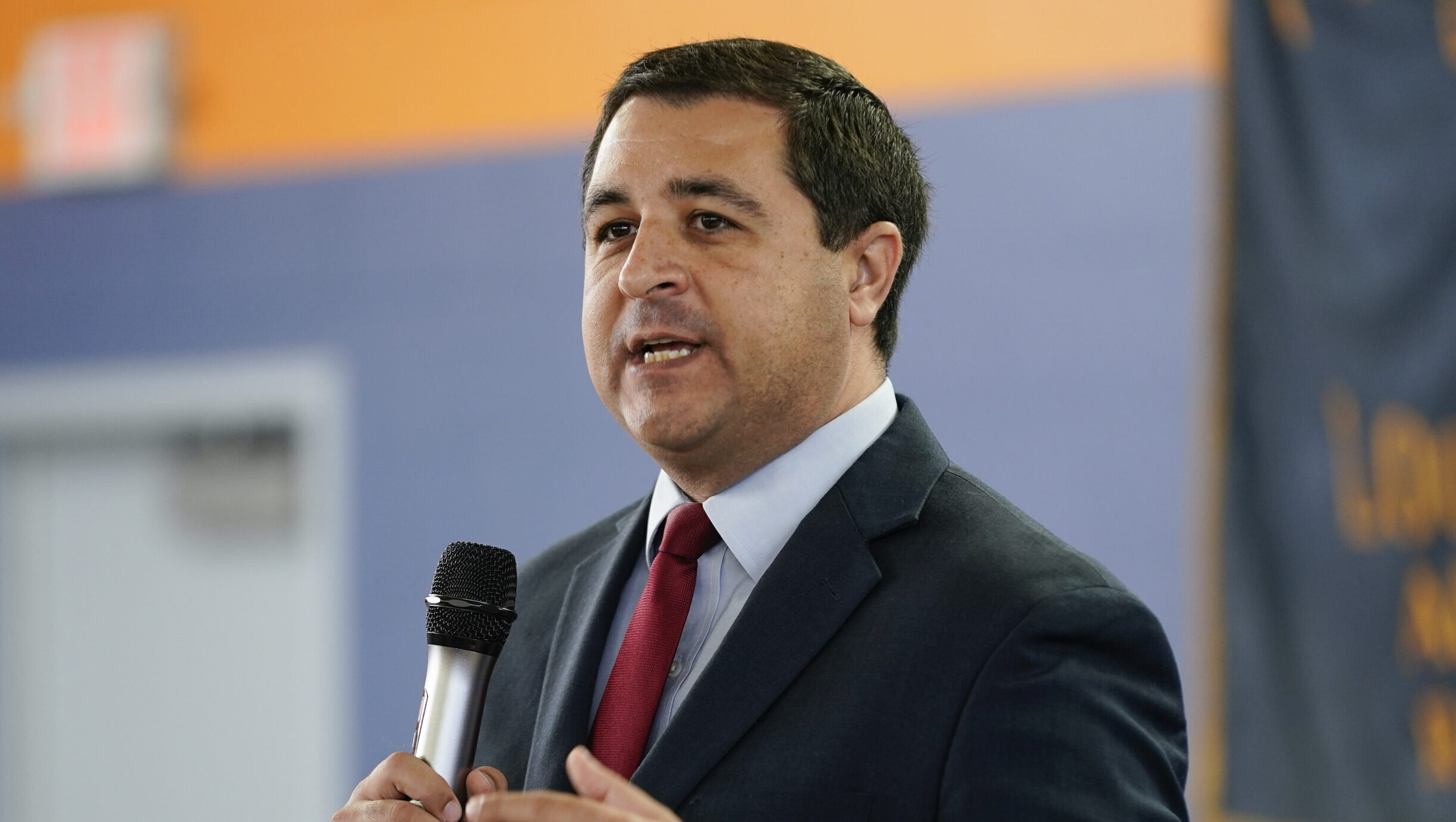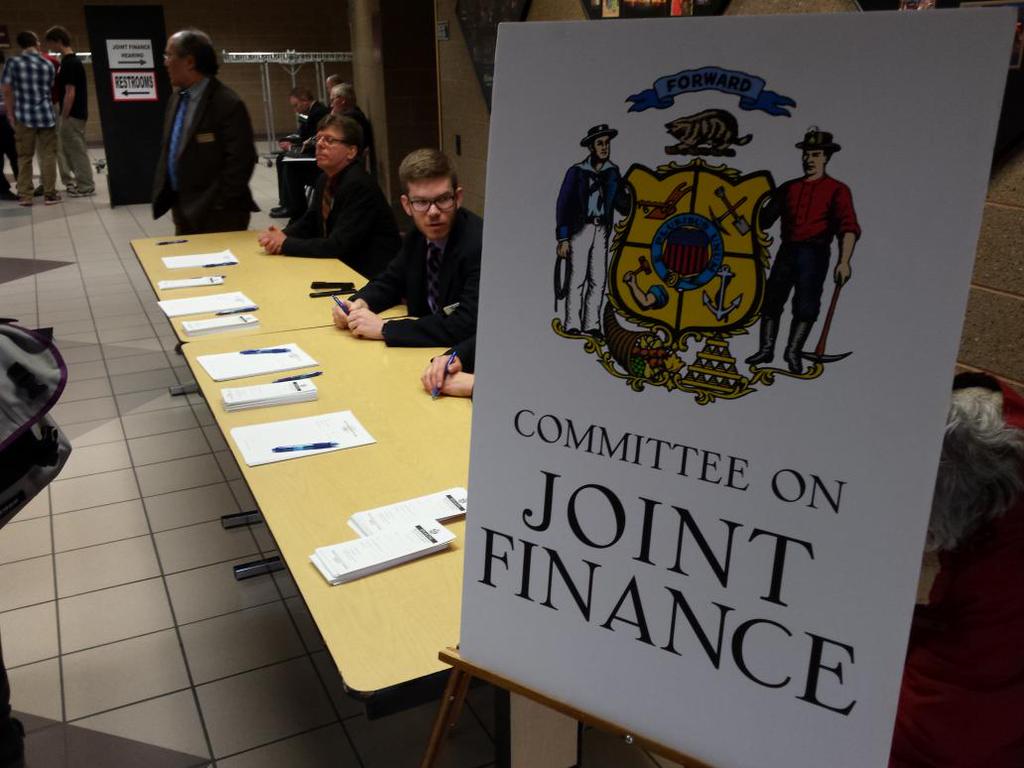A new study shows rural Wisconsinites often feel they get the short end of the stick when it comes to state funding. Our guest explains how this attitude affects politics around the state. We also explore the history of the Wisconsin Dells’ Ducks, and talk to a reporter about the final push by lobbyists to add special interest provisions to the state budget.
Featured in this Show
-
As State Budget Remains Stalled Lobbyists Hope To Add Special Interest Provisions
The state’s budget writing process remains stalled, with key questions over transportation funding, the Milwaukee Bucks arena, and prevailing wage contributing to the hold up.
As lawmakers continue to debate, the delay gives lobbyists more of a chance to make the case for their agendas, with the hopes that some provisions will be added into the budget.
State government reporter Jason Stein has reported on that lobbying effort for the Milwaukee Journal Sentinel.
-
70 Years Later, The WWII Military Craft Known As 'Ducks' Still Serve Wisconsin Tourists
Nothing says summer in Wisconsin like a repurposed World War II land-and-water military craft making its way over sandstone bluffs and splashing into the Wisconsin River.
For the past 70 summers, visitors to the Wisconsin Dells have toured the Wisconsin River on truck/boat hybrids known as “ducks.” Originally used to drive soldiers ashore and inland during WWII coastal invasions, they have become an iconic attraction of the Midwestern tourist destination.
Militarily, the ducks are probably most well-known for the fleet of 2,000 that docked American soldiers on the shores of Normandy, France during the D-Day invasion. Two years later, the amphibious vehicles arrived in the Dells when war veteran Bob Unger took advantage of the surplus military supplies made available to the public. Within years the fleet grew to 37 ducks, and today, it stands at over 90, making it the largest tour duck fleet in the United States.
“The majority of the ducks that we have were kept in the United States at the bases. But we do have a few that we’d purchased from Italy about 15 years ago, and a couple of those are in service. And those would have been used in the invasion of Sicily,” said Dan Gavinski, general manager and part owner of the “Original Wisconsin Ducks” Wisconsin Dells attraction.
In water, the ducks go about 7 mph, but can speed up to 50 miles per hour on land. With manual transmissions and double clutches, they aren’t particularly easy to drive. The training program to become a driver takes between two and six weeks.
Although the majority of their use is recreational, the ducks have been called back into duty during flooding in in surrounding towns.
After seven decades, the Original Wisconsin Ducks have built quite the legacy, with the fan base to prove it. The attraction invited more than 600 former duck drivers back to celebrate its anniversary just this past weekend.
-
Rural And Small-Town Wisconsin, The Budget, And The Politics Of Resentment
As the state moves toward a new budget, a researcher looks at the perception from rural and small-town Wisconsin–and the sense that they get left out of the conversation.
Episode Credits
- Veronica Rueckert Host
- Mike Arnold Host
- Galen Druke Producer
- Chris Malina Producer
- Jason Stein Guest
- Dan Gavinski Guest
- Kathy Cramer Guest
Wisconsin Public Radio, © Copyright 2025, Board of Regents of the University of Wisconsin System and Wisconsin Educational Communications Board.


